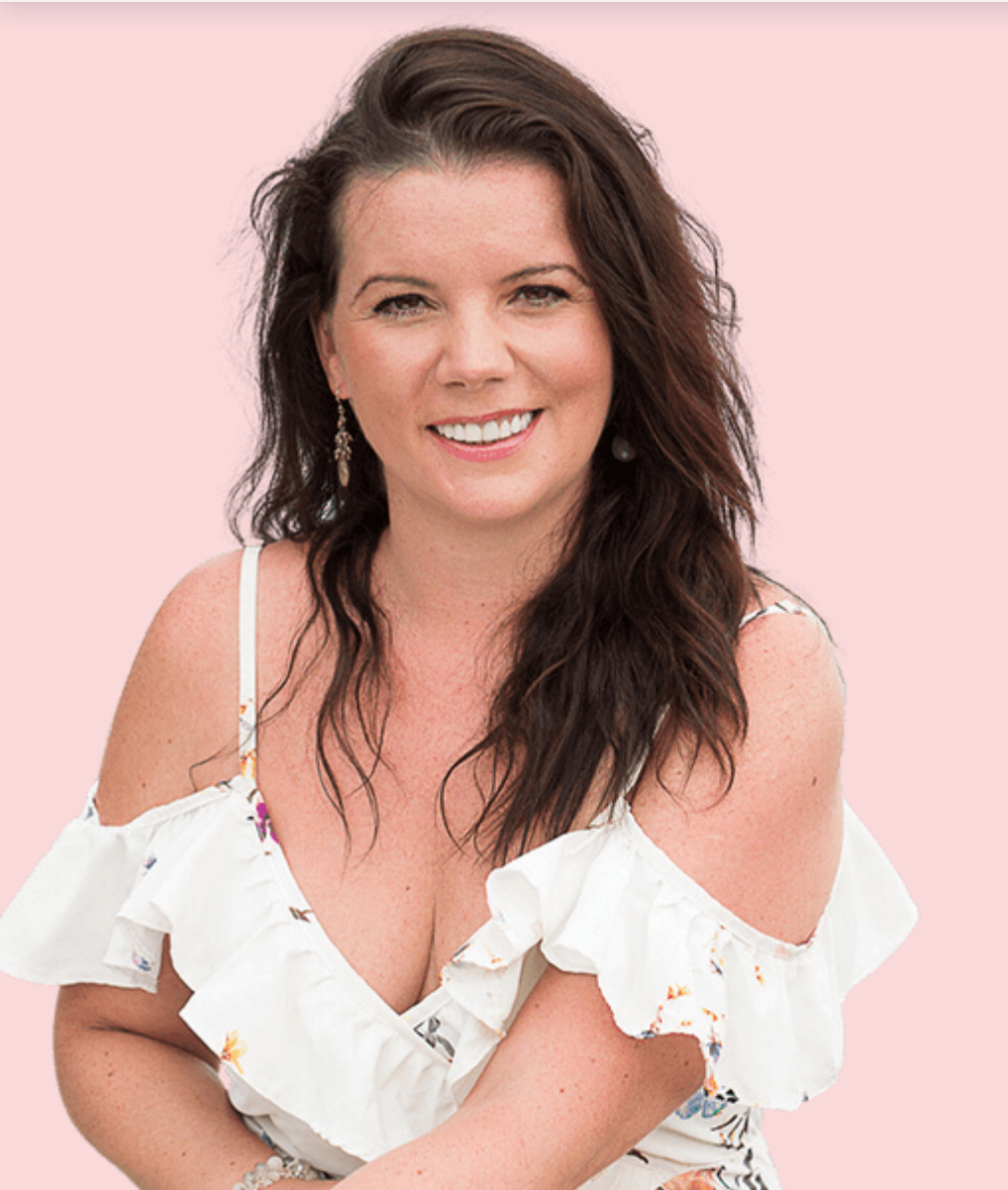Crafting a personal brand can be a daunting task. It can be challenging to see ourselves as others see us. We are often too close to our own thoughts, feelings, and experiences. This can make it difficult to identify our own biases and blind spots. This blog post is all about how to use journaling to uncover our core values, with 10 prompts for crafting a personal brand.
The following post contains affiliate links. It’s only carefully selected retailers I wholeheartedly support. When you purchase something you want, I get paid a small percentage at no extra cost to you.
When we try to think of a brand, especially our personal brand, it can leave us staring at a blank page for hours (been there, done that). However, there are things we can do to gain a more objective view of ourselves. Journaling can be a powerful tool for accessing our subconscious minds, where our true motivations and beliefs reside.
I will talk about journaling for ease of communication, but it doesn’t have to be putting pen to paper. You can use an online document or not write at all. You can also talk to yourself or a trusted person, or just think about it on a walk. Another person can reflect things back to you, but adding their opinion of you isn’t always helpful.

The importance of self-exploration
All you need is allowing yourself to freely express your thoughts and feelings without judgment or censorship. When we create a safe space for us to explore our innermost selves we can take off and have a bird’s eye view. This allows us to find the core of our personal brand.
We can also better understand our patterns of behaviour. This includes identifying any limiting beliefs or negative self-talk, and uncovering the root of our emotions. This helps us regulate our nervous system, so we can show up in our work from a place of ease rather than stress, and better serve everyone.
Furthermore, journaling allows us to tap into our creativity and intuition. When we write without an agenda, we open ourselves up to new ideas and insights that we may have missed otherwise. This can be particularly helpful when we feel stuck or unsure about a certain decision or situation. That’s the idea behind Julia Cameron’s Morning Pages from The Artist’s Way.
Journaling can also be a useful tool for tracking our personal growth and progress. This can be particularly motivating and empowering, as it allows us to celebrate our successes.

How to journal to craft a personal brand
But for today, our focus is uncovering the core values behind our personal brands. Here are 10 prompts I have used when working on mine.
- If you had to pick five objects to describe you for a time capsule, what would they be and why?
- What brings you the most joy in life and why?
- What is something you’ve always wanted to try but haven’t yet? Why not?
- Think of a personality type system that you like. Examples would be your zodiac sign, Enneagram type, Myers-Briggs, Human Design type etc. If you can’t find one, you can work with why you can’t). When you look at the description of it, what does resonate and what doesn’t? Why?
- If you had no money issues or existing commitments, what would your ideal day look like? (It’s a safe space here. If you have a family and want them on a trip to Disneyland with their grandparents to have time to yourself, go for it. You don’t even need realistic specifics of how it’ll all happen, let your imagination run wild).
Narrow it down to the core values
It’s possible nothing will jump to mind right away. Our brains work by only storing at hands things that we need quickly on a day to day basis. Values don’t tend to be at the forefront of anyone’s mind most of the time. The thesaurus can help to jog your memory for specific words and sentiments. It’s not productive trying to remember that one word you read in English literature class when you were 16, but would be so perfect now. And while you’re there, you can start building up a list of words you like to support your copywriting efforts, too.

Before looking at the next 5 questions, look over your responses. Find the commonalities and boil them down to 3-5 adjectives. For example, you answered playing with your children for number 2, and bungee jumping for number 3. Spontaneity could be one of your adjectives. Take all the time you need to ponder these questions.
Be intentional about your answers
You will have noticed that most of the questions asked you to look at the why behind your answers. That’s because it allows us to go deeper than the view of ourselves that we commonly hold. It requires us to be intentional about things we take for granted, and can help us uncover things we thought belonged to us that were push onto us by other people. That’s an important step if you’re trying to create an authentic brand.
While a personal brand is not the totality of who you are (and, in my opinion, it shouldn’t be, you are allowed privacy without being accused of being inauthentic), it is a part of you in a way that a standalone brand isn’t. Read this post if you’re confused about what kind of brand you’re building.

Five more questions to uncover your personal brand
- What are my top three favourite brands and how would I describe them to someone who never heard of them?
- What sets me apart from my competitors? It could be specific skills, experience, way of doing things, or personal qualities. Anything that gives you an edge over someone with the same hard skills
- Do I want to be on social media? If yes, which ones appeal to me and why? If not, why not? (There is no right or wrong answer here. It’s perfectly fine to grow a brand away from the platforms. This is about establishing what values you have away from people’s suggestions of where you should be)
- How do I want to be perceived by others in my industry? This isn’t about creating a false image of yourself at all, but highlighting what you want to be remembered for. After all, some fashion brands are known to be always down with the trends and others classic and timeless. It’s the same for all other brands, including personal brands.
- Who is my business or personal idol? What do I admire about them?

Go deeper with your answers
Now go through the answers from the second set of questions to find the commonalities between the answers like for the first five, and then compare the two lists. Anything that they have in common goes on your personal branding list. Then you can return to the two lists and find the common threads underneath them. For example, you have described a very slow day that involves a lot of time alone for deep work, a Bikram yoga class at a studio within walking distance, and pre-cooked meals in the personal questions and one of your favourite brands in the second set is Apple because it has aesthetically pleasing self-contained IT solutions and minimalist but hard-hitting branding. You can conclude that you are someone who values efficiency, and that’s what will go on your personal branding list.
I hope this exercise has proven useful to you. If you are ready to turn your values into a personal brand then go ahead and read the 3-part series on brand visual storytelling.






